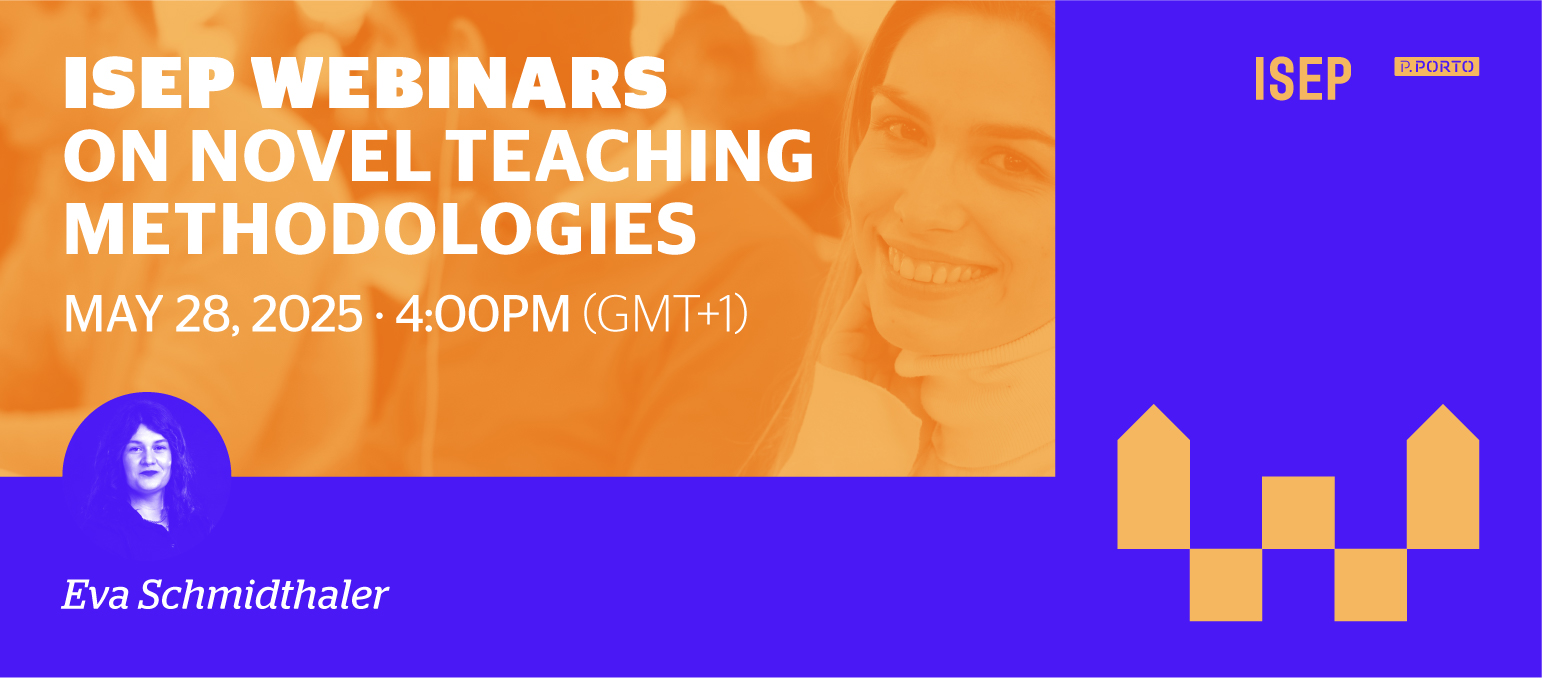
On May 28th, at 4 p.m., a session of ISEP Webinars will take place, organized by Instituto Superior de Engenharia do Porto (ISEP).
This seminar will feature Eva Schmidthaler, who will explore the theme “Ozobot Project in Steyr”.
To access the seminar, please click here.
Abstract
In this talk, Eva Schmidthaler will present the ongoing Ozobot Regional project in Steyr and Steyr-Land, which aims to enhance digital education through the use of Ozobots in primary and secondary schools. Ozobots are small, programmable robots designed to introduce learners to coding through both screen-free color-coded commands and block-based programming. The project focuses on fostering programming skills, computational thinking, and inquiry-based learning while promoting equal opportunities in STEM education. Additionally, Eva will share first insights from her empirical research on Ozobot utilization in Upper Austrian schools, highlighting initial findings on its impact on student/teacher engagement and learning outcomes.
Bio
Eva Schmidthaler is a researcher and lecturer specializing in STEM education, digital learning, and computational thinking. She is currently a Research Associate and Project Manager at the Johannes Kepler University Linz (JKU), leading national and international projects in technology-enhanced learning. As a Ph.D. candidate in STEM Didactics, her research focuses on integrating digital tools like augmented reality and robotics in education.
She lectures on digital education at the Universities of Education in Linz and Burgenland and has extensive teaching experience in secondary schools. A key aspect of her work is fostering computational thinking (CT) and digital literacy through robotics, particularly using Ozobots in classrooms. She develops workshops and educational materials that integrate robotics into interdisciplinary teaching concepts, supporting gender equality and inclusion in STEM.
In addition to her academic work, she actively leads local projects in her hometown, promoting the utilization of Ozobots in education to inspire young learners and create inclusive learning environments. Through these initiatives, she aims to reduce gender stereotypes and make STEM subjects more accessible and engaging for all students.


































